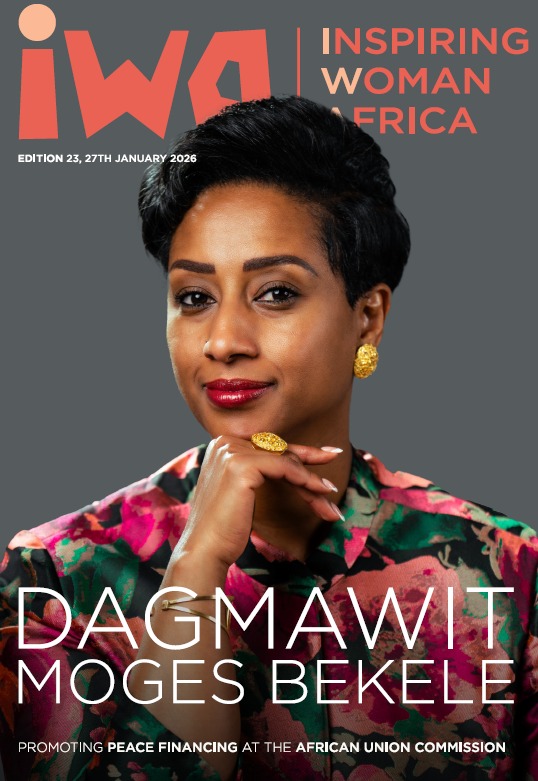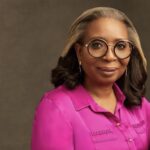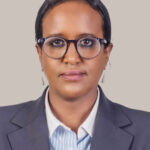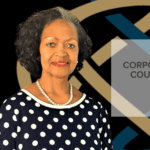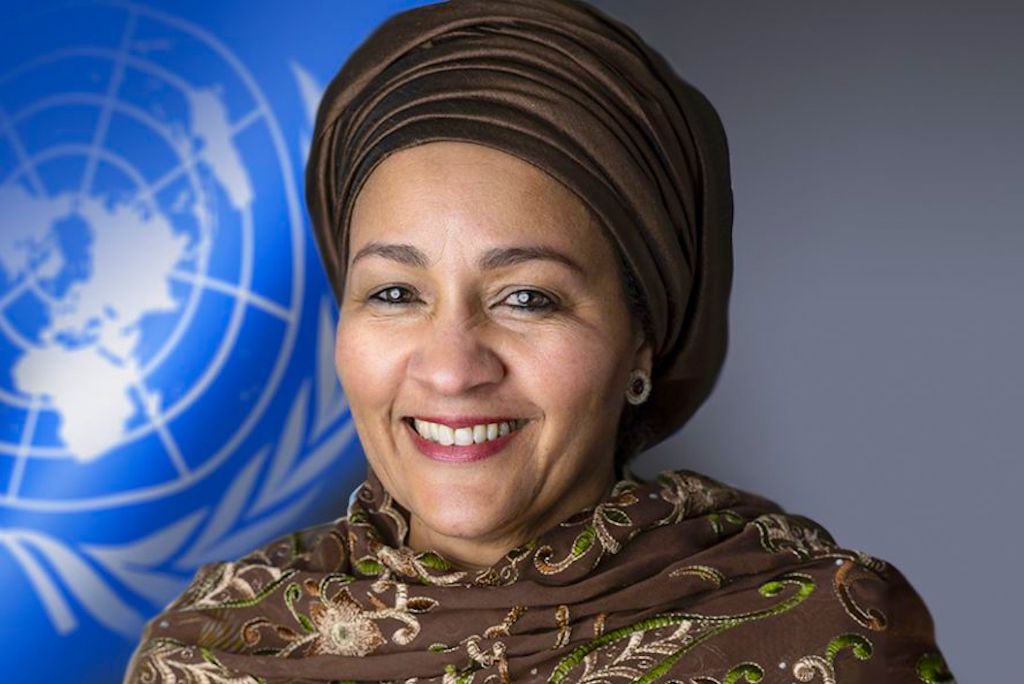
“For nearly eight decades, the United Nations has never been led by a woman. The time to change that is now.”
The United Nations, the moral compass of the world, has stood for peace, equality, and justice for all since its inception but never once in its history has it been led by a woman. As the search begins for the next Secretary-General, the world faces a defining question: will this be the moment the UN lives up to its ideals of equality and fairness?
Among the candidates and names that command both respect and hope is Amina J. Mohammed, the current Deputy Secretary General of the United Nations. Her leadership has been marked by integrity, balance, and vision, qualities the UN needs more than ever in an age of climate emergencies, inequality, and global insecurity.
The Case for Equality and the Pact for the Future
The recently adopted Pact for the Future (2024) reaffirmed a collective global vision for equality, inclusion, and justice. It calls for “the full, equal, and meaningful participation of women at all levels of decision-making.”
Electing the first woman Secretary General would not merely answer that call; it would embody it.
The Pact reminds us that achieving gender equality is not just a moral responsibility but a strategic necessity for effective global governance. A world facing complex crises cannot afford to sideline half its talent. It is time for the UN to lead by example and finally shatter its highest glass ceiling.
Why Amina Mohammed?
Amina Mohammed’s credentials speak for themselves. She has served as Nigeria’s Minister of Environment, helped design the 2030 Agenda and Sustainable Development Goals, and as Deputy Secretary General, has coordinated reforms across the entire UN system. She embodies both competence and continuity, blending a deep understanding of development with a human-centered approach to diplomacy.
Her leadership reflects what the UN must become: pragmatic, empathetic, inclusive, and bold. As a bridge between the Global South and North, she has consistently advocated for climate justice, gender equality, and youth empowerment. Her record shows she is not only prepared to lead, she already has.
“The Pact for the Future envisions equality as the foundation of peace and prosperity. Amina Mohammed is that vision personified.”
Africa’s Moment, the World’s Opportunity:
Africa has waited long enough. The continent, home to vibrant economies, peace-builders, and innovators has waited for this moment to make this historic moment a reality. Supporting Amina Mohammed is both a regional and global act of fairness.
This is the time for Africa, women and feminists movements, governments, and civil society actors across the world must unite in her support. From parliaments to grassroots movements, a collective push for her nomination would send a resounding message, the world is ready for women’s leadership, and Africa will lead that charge.
From Symbolism to Substance
This is not about tokenism, it is about transformation. Electing a woman would show that equality can coexist with excellence. It would also signal a UN ready to rebuild global trust, prioritise the needs of vulnerable populations, and drive the reforms envisioned in the Pact for the Future across peace, climate, and sustainable development.
“Her turn has come not because she is a woman, but because she is the right woman.”
The Time Is Now
As the UN approaches its next chapter, history offers a rare opportunity to align ideals with action. The next Secretary General should embody the future we claim to believe in; diverse, fair, inclusive, and visionary. Amina J. Mohammed represents that future. She has the experience, the integrity, and the global respect to steer the UN through its renewal. Therefore Supporting her is not just about gender, it is about justice, balance, and the credibility of the international system itself. The world has waited long enough. Let a woman lead. Let Africa lead. The time is now.
Dr. Asmau Benzies Leo is a development practitioner with extensive national and international expertise in gender equality, peace-building, governance, and humanitarian action. She holds a PhD in Public Governance and Leadership, a Master’s degree in Conflict Management and Peace Studies, and executive certifications from leading institutions including Howard University, Harvard University and Glasgow Caledonian University. As Executive Director of the Centre for Non-violence and Gender Advocacy in Nigeria (CENGAIN), she has led ground-breaking advocacy initiatives on women’s political participation, gender-based violence prevention, and security sector reform across multiple World Bank, UN and EU-supported projects.
Latest Posts
-
Jan 27, 2026 From Dream to Done (Pt 2)
